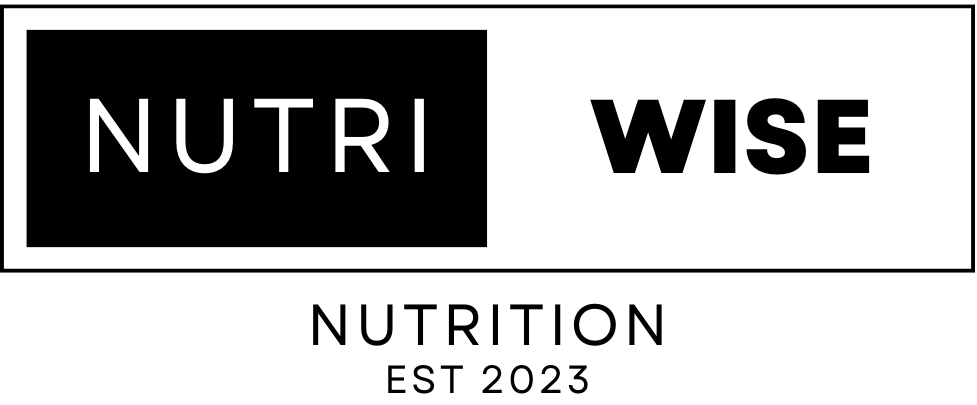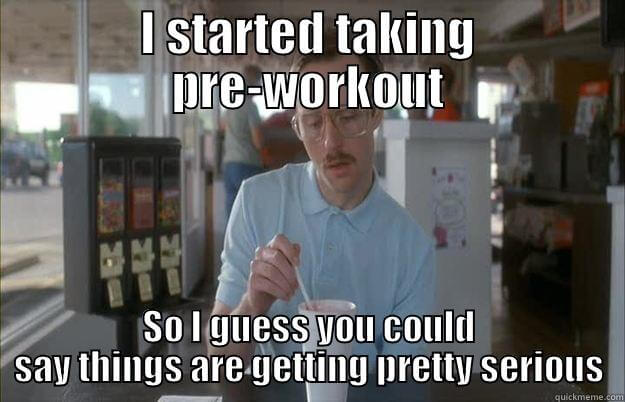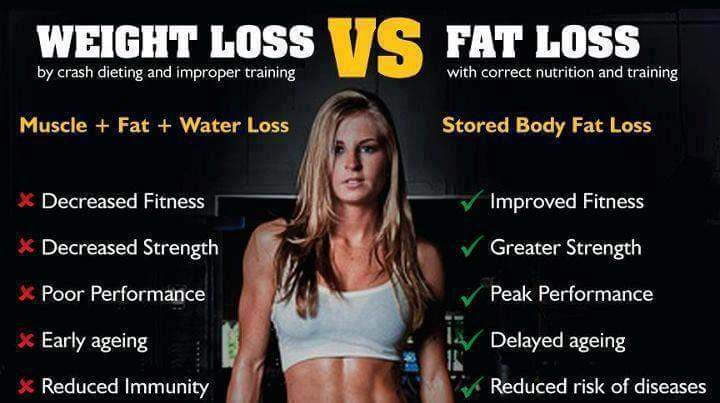The Benefits of Building Muscle as a Female
The physical and psychological benefits of muscle growth for women are numerous. The benefits are not limited to just one gender, in fact building muscle can help reduce body fat levels, improve metabolic rate, and also enhance athletic performance for anyone of any age. With regards to women specifically though it is important to note that increased muscle mass will not turn a woman into an Olympia level bodybuilder; instead, it will help her become stronger and healthier.
The beautiful thing about lifting weights as a female is that doing so helps empower you to achieve whatever goal, physical or mental, you may have due to its many physical and psychological benefits. Furthermore, the mental health benefits of increased muscle mass should not be overlooked. Studies have shown that lifting weights can boost self-confidence, promote better sleep patterns, and reduce stress levels.
Strength training can also improve posture, balance, coordination and flexibility. This form of exercise is especially beneficial for women as they age since it helps maintain bone density and prevent osteoporosis. Women who engage in regular strength training may experience fewer injuries due to improved muscular endurance and joint stability. Setting a solid physical foundation at a young age also helps to prevent adverse events during pregnancy and postpartum. Even those who begin strength training at a later age benefit from the physical adaptations of exercise when conceiving with their partners, carrying a child and postpartum. Additionally, growing muscle mass can assist in developing healthy habits such as better eating choices and improved overall lifestyle habits.
There are numerous advantages to increasing muscle mass for women beyond the physical enhancements. Growing muscle mass has been proven to provide numerous mental health benefits as well as improved bone density with age. Strength training is an effective way to achieve these results while also leading to healthier habits overall.
Nutrition For Females Building Muscle
Stigma and oppression have gone hand-in-hand throughout history when it comes to women’s bodies, their physical appearance and capabilities, but the truth is that there are so many health benefits associated with building muscle mass as a woman that it should not be ignored, it should be encouraged. Nutrition is a key factor in enabling this growth and should be a focus for those looking to do so.
When it comes to nutrition for building muscle, it is essential to ensure adequate energy intake from both carbohydrates and proteins. Carbohydrates provide the body with an immediate source of energy and help fuel intense workouts. Protein is essential for helping repair and build muscle, as well as aiding recovery time post-workout. Additionally, fats can help provide the body with added energy during workouts, while vitamins and minerals are important for overall health and wellbeing. Consuming a balanced diet will ensure that all these nutrients are provided in adequate amounts.
It is also important to note that hydration plays a major role in muscle growth and recovery. Dehydration can lead to fatigue during exercise, which can hinder progress towards building muscle mass. Therefore, it is recommended that individuals consume 8-10 glasses of water per day, more if engaging in physical activity or living in hot climates.
Nutrition is the corner stone that the body relies upon when governing internal processes that we have no say on. When trying to determine how much to eat as a female, let alone finding information on how to build muscle it can be tempting to give in and follow the rhetoric that women should not eat more than 1200 calories a day. This could not be further from the truth. For the vast majority of women this number +-100 is just their Basal Metabolic Rate and consuming this tiny amount of calories or less leads to untold damage to their hormonal regulation, resulting in amenorrhea, body dysmorphia and disordered eating.
The nutritional principles of Calories In VS Calories Out govern whether your body has or does not have the resources available to sustain you, lose body fat or gain muscle. Nutrition is the most important factor when it comes to growing muscle mass for women and should be taken into consideration when planning out meals or creating a workout routine.
Exercises For Growing Muscle Mass
Growing muscle mass is a common health goal for many women, yet it can be intimidating. Fortunately, with effective nutrition and exercise strategies, this goal is attainable. According to the American College of Sports Medicine, resistance training can help build muscle mass in as little as 8-12 weeks.
Exercises which target large muscle groups are most beneficial for growing muscle mass. This includes activities such as squats and deadlifts, which use multiple joints and muscles simultaneously. Additionally, compound exercises like bench presses and pull ups require more than one joint movement at a time; these are also great for increasing muscle size. Building upper body strength can be challenging if you have never done these exercises before – look to regress these into other movements such as a banded pull up or lat pull down for the back, or dumbbell chest press and push up from knees to enable you to perform the movement at a basic level first, then progress.
For best results the stress required is the same as would prescribed to anyone else, there is no limitation placed on people due to their gender when it comes to building muscle. The principle is progressive overload – You should aim to perform each exercise with proper form and enough weight to make the last few repetitions challenging but doable. Aim to increase the resistance when the last couple of reps are easier than they should be. Additionally, adding variety to your workout routine by doing a combination of free weights and machines can help increase muscle growth for better overall results. Be sure to include rest days in between workouts to allow your body time to recover.
Incorporating these exercises into an existing workout routine can help women reach their goals of building lean muscle mass safely and effectively. While it may take some time before desired results are seen, consistency is key – with dedication and persistence, anyone can achieve their goals!
Common Misconceptions About Women And Muscle Mass
Alluding to the notion that women should be afraid of growing muscle mass, this article will discuss the common misconceptions about women and muscle mass. By challenging these misconceptions, it is hoped that women can become more aware of the importance of building muscle.
One common misconception is that women who build muscle will become bulky and that this is unattractive. In reality, most women have too little testosterone in their bodies to gain amounts of muscle that would land them on the Olympia stage, and when done correctly, resistance training has been proven to lead to an increase in confidence and self-esteem. Furthermore, evidence suggests that strength training can help reduce stress levels by releasing endorphins.
Another misconception is that only men should lift weights; however, this is not true. Women benefit from weight lifting just as much as men do: it helps improve posture and core strength which can help prevent injuries and makes the human body more resilient to the stresses it faces. Furthermore, research has shown that regular strength training can help improve bone density and reduce the risk of osteoporosis later on in life. As such, it is clear that there are numerous benefits for both genders when it comes to building muscle mass and that historical campaigns suggesting otherwise are wildly unfounded.
There are numerous misconceptions surrounding women and muscle mass which need to be challenged in order to raise awareness of its importance. Although some may think that building muscle will lead to bulkiness or should only be done by men, research has demonstrated the many positive impacts it can have on physical health and mental well-being – making it a beneficial activity for both men and women.
Working With A Trainer Or Coach For Muscle Gain
Studies show that women are less likely than men to seek a trainer or coach, and when they do engage the services of a trainer or coach their aim is usually not to increase muscle mass, it’s to “tone” or lose weight. It’s wildly misunderstood that strength training will lead to both of these outcomes given the guidance and structure a coach or trainer can provide a novice in the gym. Working with a trainer can help an individual learn the right exercises and techniques for gaining muscle mass safely and efficiently.
When looking for a trainer, it is important to find one who has experience working with individuals who have similar goals. Having someone knowledgeable on the subject of strength training and weight lifting is extremely useful in understanding how much weight to lift and how many sets and reps should be done during each session. Additionally, they can provide guidance on nutrition, rest periods between sessions, and other lifestyle changes that may enhance the results of the training program. A good trainer will also be able to customise the program according to an individual’s needs, such as adjusting weights or regression of exercises based on their current fitness level or any injuries they might have.
It’s also a common misconception that there is a specific qualification a trainer should have to work with women, let alone women who have had children. In Australia this is covered quite well in the certifications that all trainers and coaches are required to have when working with clients. Any specialisation they have done is purely based on the need to maintain CEC points in order to keep an association with Fitness Australia. Trainers are required by their gyms to assess you and “refer out” to GP’s or Physiotherapists for clearance or further investigation if there are any special considerations that they need feedback on for any client, not just women.
A personal trainer or coach can also offer motivation and accountability throughout the process of gaining muscle mass. They can assist in setting realistic goals as well as providing feedback on progress made so far. By helping an individual stay focused on their goal, they can ensure that gains are achieved over time rather than quickly losing motivation after making initial progress. Ultimately, having a qualified personal trainer by your side makes the journey towards increased muscle mass more manageable and enjoyable overall.
Takeaway
Growing muscle mass should be a common goal for women who wish to improve their overall health and fitness. While there may be some misconceptions about the “consequences” of building muscle, understanding the benefits and taking a tailored approach to nutrition and exercise can help women reach their goals safely and effectively.
Including strength training exercises as part of an overall fitness plan is an effective way to increase muscle mass without sacrificing definition or shape. Eating protein-rich foods in combination with carbohydrates will help provide the energy needed to build muscle, while avoiding excessive fat consumption. Women should also take care not to overtrain, as this can lead to injury or fatigue.
Having someone knowledgeable on hand such as a personal trainer can take out the guesswork in reaching your goals. With guidance from a professional, women can confidently step out of their comfort zones and into new realms of strength and fitness without fear of ‘overdoing it’. Working towards increased muscle mass can be a rewarding experience if done correctly; it’s just a matter of finding what works best for you – no one size fits all!











